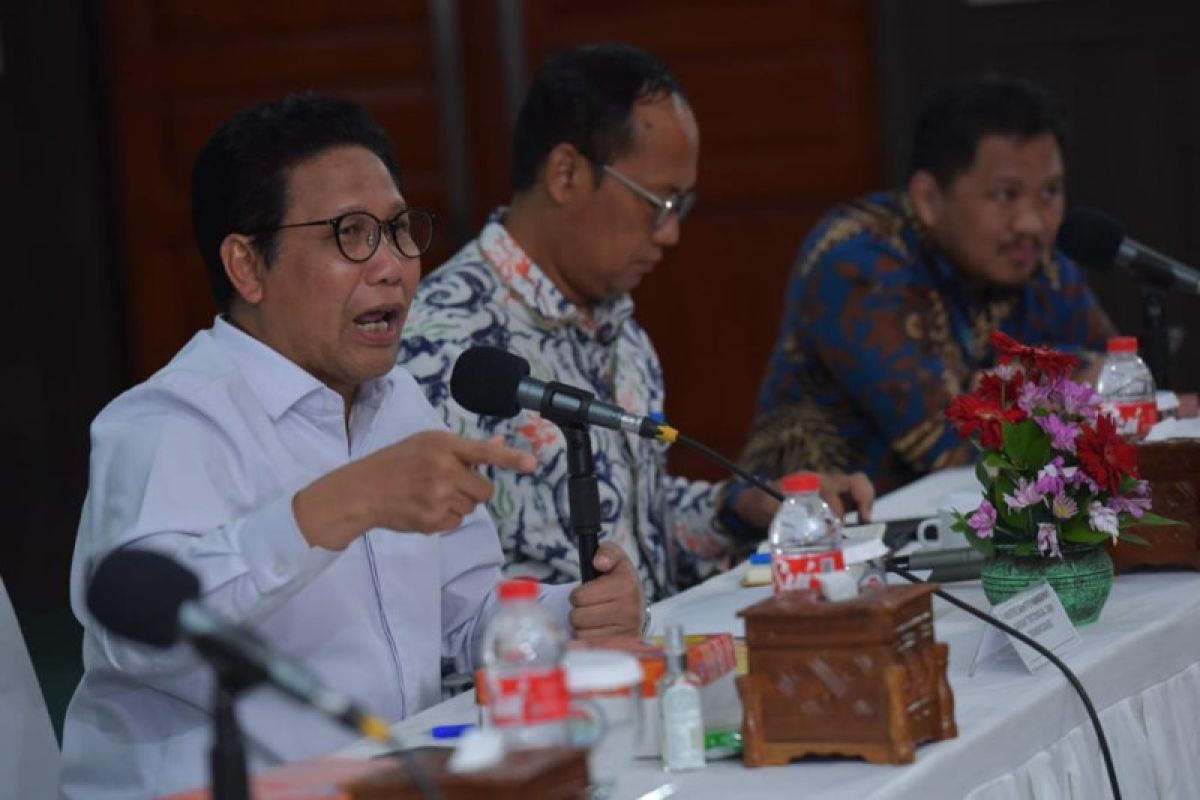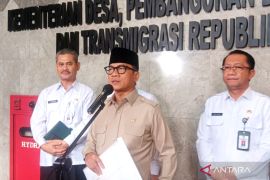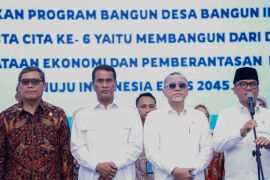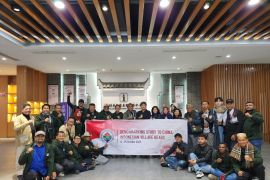"When the House of Representatives (DPR) is ready, and the government instructs it, then (we) do not need to wait for a long time because we have readied the academic paper even though we will continue to develop it," Iskandar remarked when confirmed here on Tuesday.
The minister explained that the increase in the term of office is proposed because, so far, village heads are deemed less effective at working in developing their respective villages.
"I have conveyed the nine-year (term of office) discourse since May 2022. I conveyed several issues of post-election conflict resolution," he stated.
Iskandar noted that based on the results of various academic studies, the resolution of post-election conflicts takes over a year and the preparation for the next village head election takes one year.
He is upbeat that the increase in the term of office would make village heads' leadership more effective, as their term of office would no longer be spent on resolving post-election conflicts.
He said that the community should not harbor concerns over the nine-year term of office of village heads, as the Ministry of Home Affairs has the authority to dismiss village heads, who delivered poor performance. Thus, residents did not need to wait nine years to replace a village head, who is performing very poorly.
The minister assessed that the nine-year term of office would offer several benefits for village residents.
He further said that village heads would have more time to improve the welfare of their people and to make village development more effective and not be affected by political dynamics caused by village head elections.
Related news: Home Ministry evaluates implementation of 2021 village head elections
Related news: Ministry pushes lump sum model for village fund use
Related news: Polri strives to realize One Bhabinkamtibmas in One Village Program
Translator: Zubi Mahrofi, Raka Adji
Editor: Sri Haryati
Copyright © ANTARA 2023












